The skills body is facing a crunch vote later this year on industry consensus on its levy raising powers.
But critics of the system claim too much power is in the hands of trade bodies who may not be consulting widely with their members.
Questions have also been asked about a possible conflict of interests for CITB chairman James Wates who is also co-chairman of Build UK.
The Enquirer can reveal exactly how the vote will work.
The CITB needs to win more than 50% of the construction vote in terms of numbers of levy payers and value of the levy paid.
In terms of value of levy paid the trade federations make up 59% of the vote and 35% in terms of numbers.
The voting balance in each case will be made up of individual firms.
CITB policy director Steve Radley said an independent surveying company would talk to 6,000 individual contractors.
He said: “We will be scrutinising the trade federations over how they consult with their members and will be holding one-to-one meetings with them to discuss that.
“We need to get out there and talk to the industry and that is what we will be doing.
“I don’t see any conflict with James Wates because we will be talking with Build UK members.”
Audit and CIS Contract provider Hudson Contract is sceptical about the whole voting process.
Director Ian Anfield said: “The federations can claim a block vote for the companies they represent if more than half of the members in each of the federations is consulted and confirms consent.
“In previous years the federations have not done this properly but given consent anyway and CITB never questioned how those decisions were reached.”
David Frise, Chief Executive Officer of trade body FIS said: “The federations hold a very important role in the CITB consensus debate.
“Our members are naturally reticent to talk to CITB, a body that many consider to be a tax collector.
“FIS intends to consult widely with its membership, providing them with the facts on both sides of the argument.”

.gif)







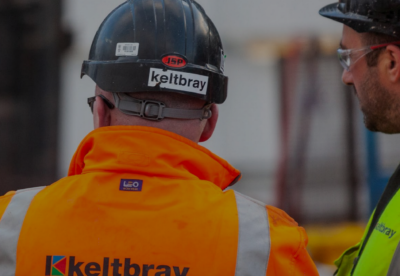


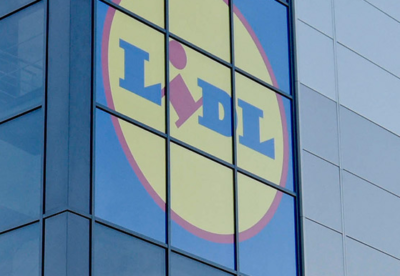


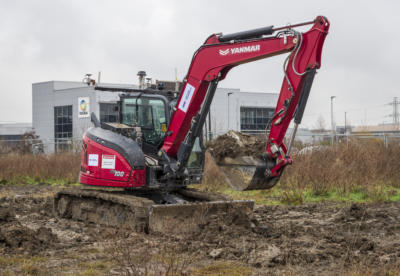





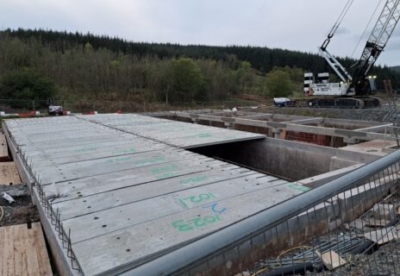



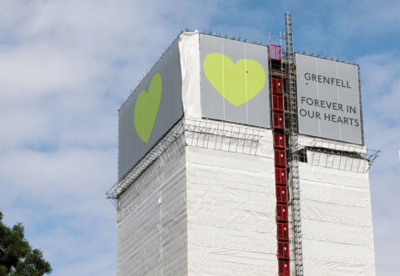



 (300 x 250 px).jpg)





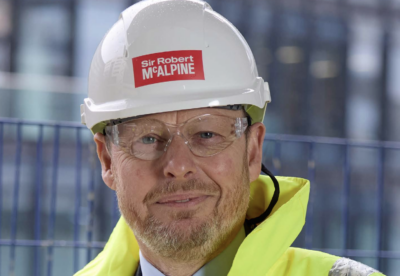


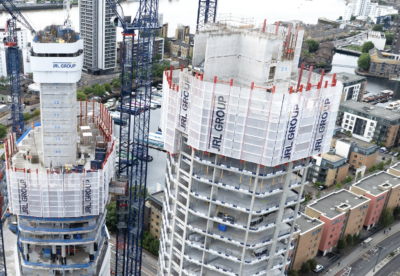





.gif)







